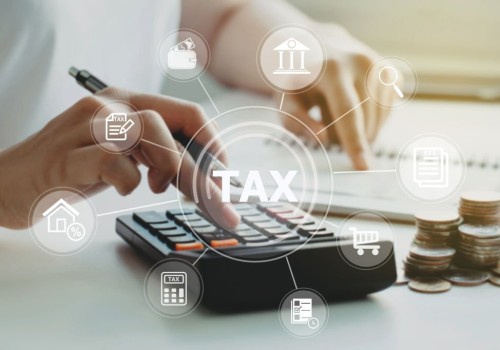Some people refrain from modifying their returns, even if they discover that the IRS owes them money, because they believe that increases the chances of an audit. However, IRS officials deny that filing an amended return increases their auditing chances. Modifying your return will probably not result in an audit unless there is a substantial change in your taxable income without reasonable cause. Of course, you're more likely to be audited if you claim that the IRS owes you money, and not the other way around.
Generally, the IRS has a three-year period during which it can decide to audit a tax return. However, in the case of amended statements, that same statute of limitations does not apply. Let's say your amended return means that you owe additional taxes and you receive it within 60 days before the due date of the original three-year deadline. In that case, the IRS only has 60 days after receiving your amended return to make any evaluations.
Most tax returns are received and processed by the IRS without further examination. However, there are a variety of factors that may attract the attention of the IRS in such a way as to increase the likelihood that the return will be audited through a correspondence examination or that it will be assigned to an auditor for further investigation. Since you can't file amended returns electronically, an IRS employee will have to process and accept the return. The IRS requires taxpayers to file tax returns every year if their income exceeds certain thresholds.
However, if you made a mistake in your favor, failed to report income, or made deductions that you were not entitled to make, amending your return can avoid all or part of the penalties, interest and penalties if later audited by the IRS. As explained above, you may not have to file an amended tax return, but if you do, you should correct everything. In general, it takes eight to 12 weeks for the IRS to process an amended return, but it can take up to 16 weeks, depending on the accumulation of amended returns by the IRS. The worst thing about these interest and penalties is that they apply to the difference due on the amended tax return starting from the date the return was originally filed.
Access to the Tax Practice Series (TPS) and Portfolio (TM) references on this page requires a subscription to Bloomberg Tax Research. However, the IRS will not open an audit (or “exam”) simply because you file an amended return. In general, all tax returns must be filed completely and accurately and to the best of your knowledge. In general, amended statements are more likely to be audited and examined than original statements.
In that case, you must file a separate 1040X form for each year and, each time, amend it even if you are modifying a return that you have already amended before. Also, you don't need to quickly file an amended return if you find that you forgot to attach a W-2 form, omitted a tax list, or made a similar minor mistake. If you have been chosen for an audit, it's best not to file an amended return once the audit begins. You can modify a return at any time within three years after the April 15 deadline for the original return.



